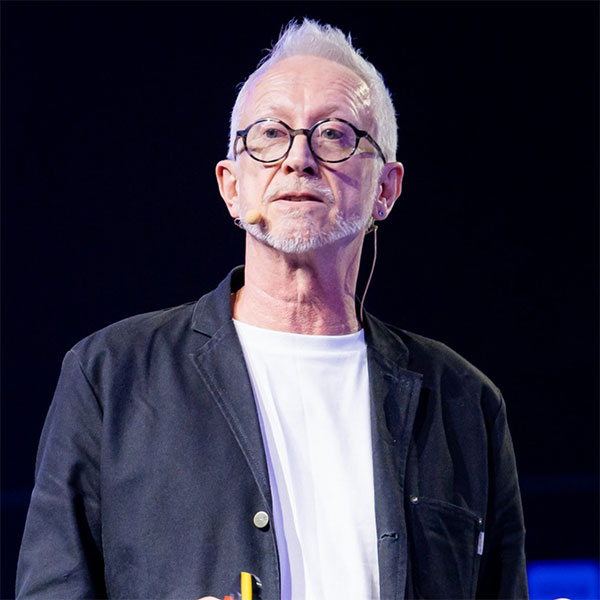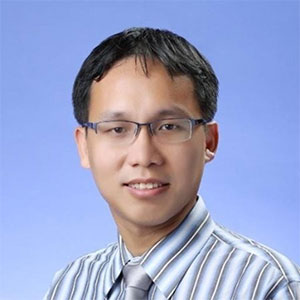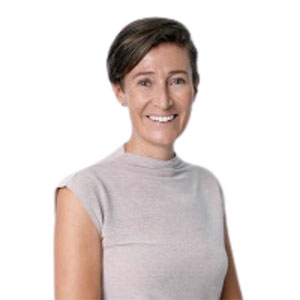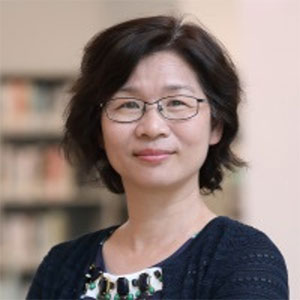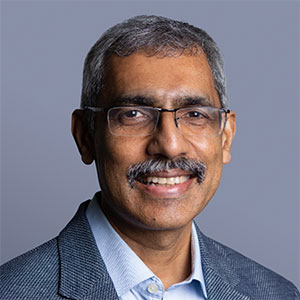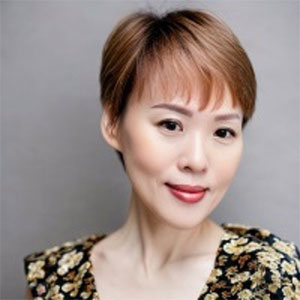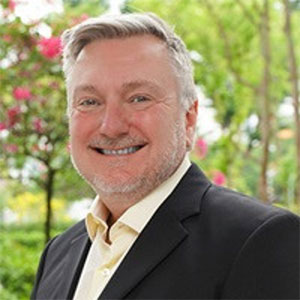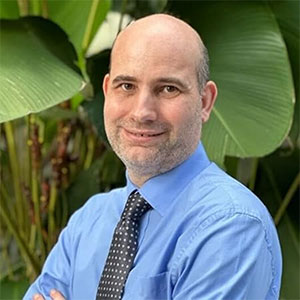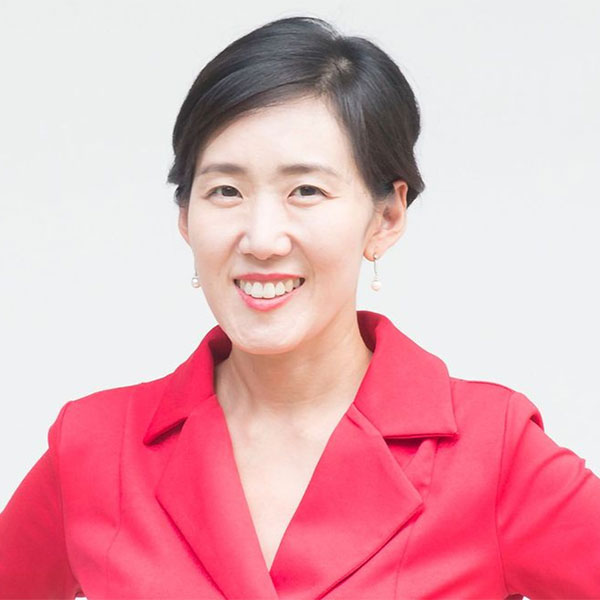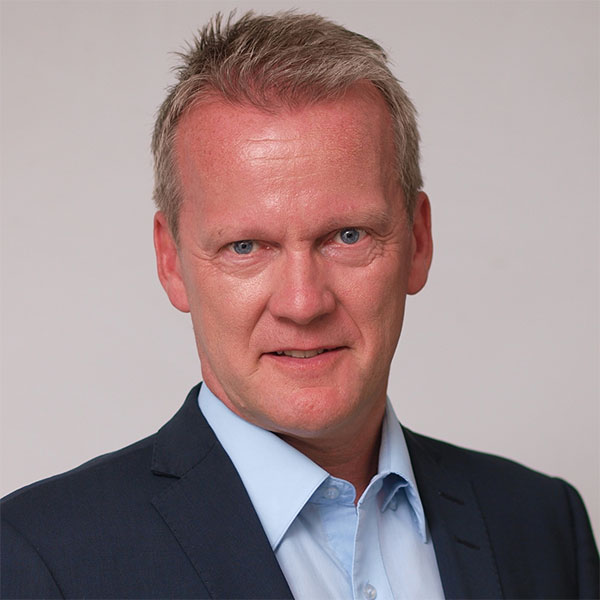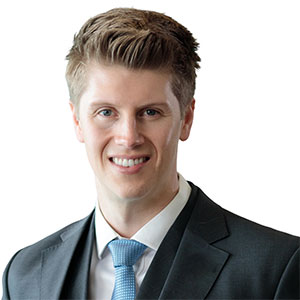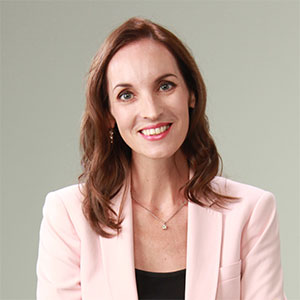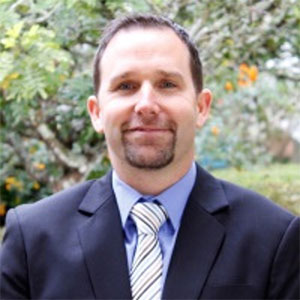8,000
Attendees
350+
Speakers
200+
Exhibitors
60+
Startups
6
Stages
14
Workshops
3
Days
Asia’s largest conference and exhibition for educators and EdTech providers
Celebrating 10 amazing years of accelerating a change in education
EDUtech Asia is all about dialogue, collaboration and forging partnerships that drive meaningful change in education. It inspires and empowers educators to be the changemakers the sector needs.
EDUtech Asia 2025 celebrates cutting-edge education technologies and brings together the top minds and key stakeholders from education and tech to shape the future of learning through innovation and collaboration.
To celebrate our 10th anniversary here are some incredible announcements!
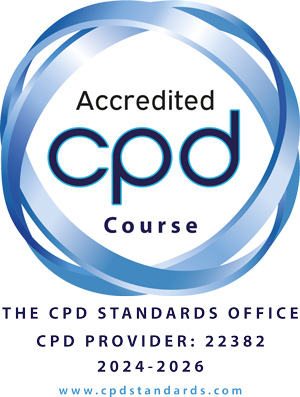
EDUTECH ASIA IS CPD ACCREDITED
Earn up to 16.45 hours of CPD points
2025 Speakers
2025 Speakers
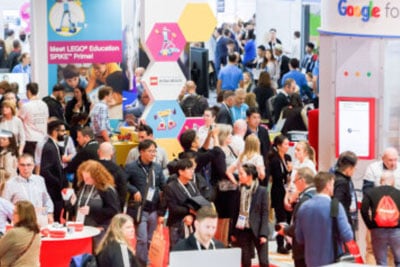
Showcase your solutions and start conversations with decision-makers and influencers
With thousands of school and university leaders and professionals visiting the event, EDUtech Asia provides the perfect platform for you to introduce your solutions uncover new opportunities, and grow your presence.
2025 Sponsors
Get a sneak peek of what you can expect in 2025
DON’T JUST JOIN US, JOIN EVERYONE
Institutions that attend EDUtech Asia
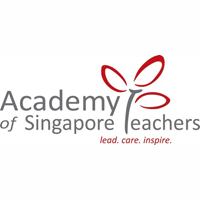
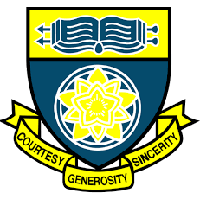

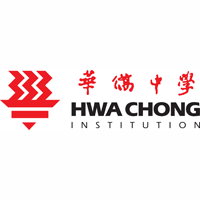

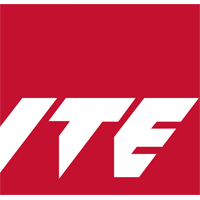
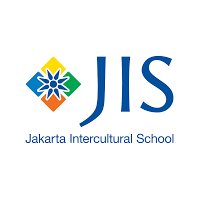
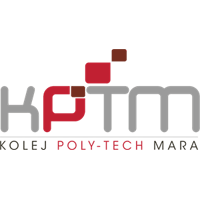
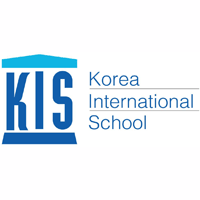

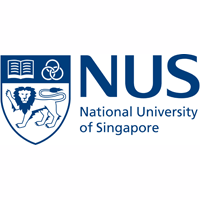
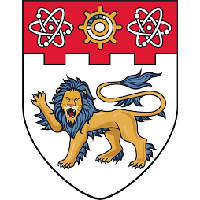
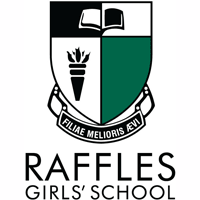
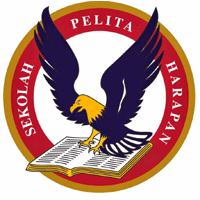
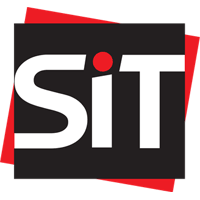

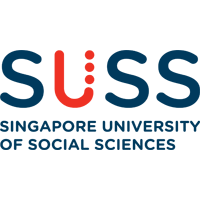
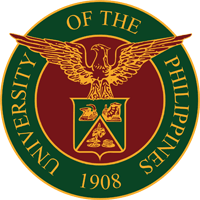
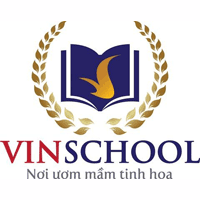
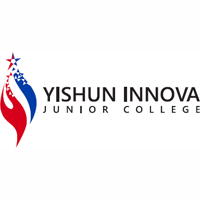
Supported by:

Held in:
Supported by
Get involved at
EDUtech Asia
Get the latest #EDUtechAsia Updates
Countdown to the event with





Join our EDUtech community and access our exciting library of free-to-watch edtech videos.
